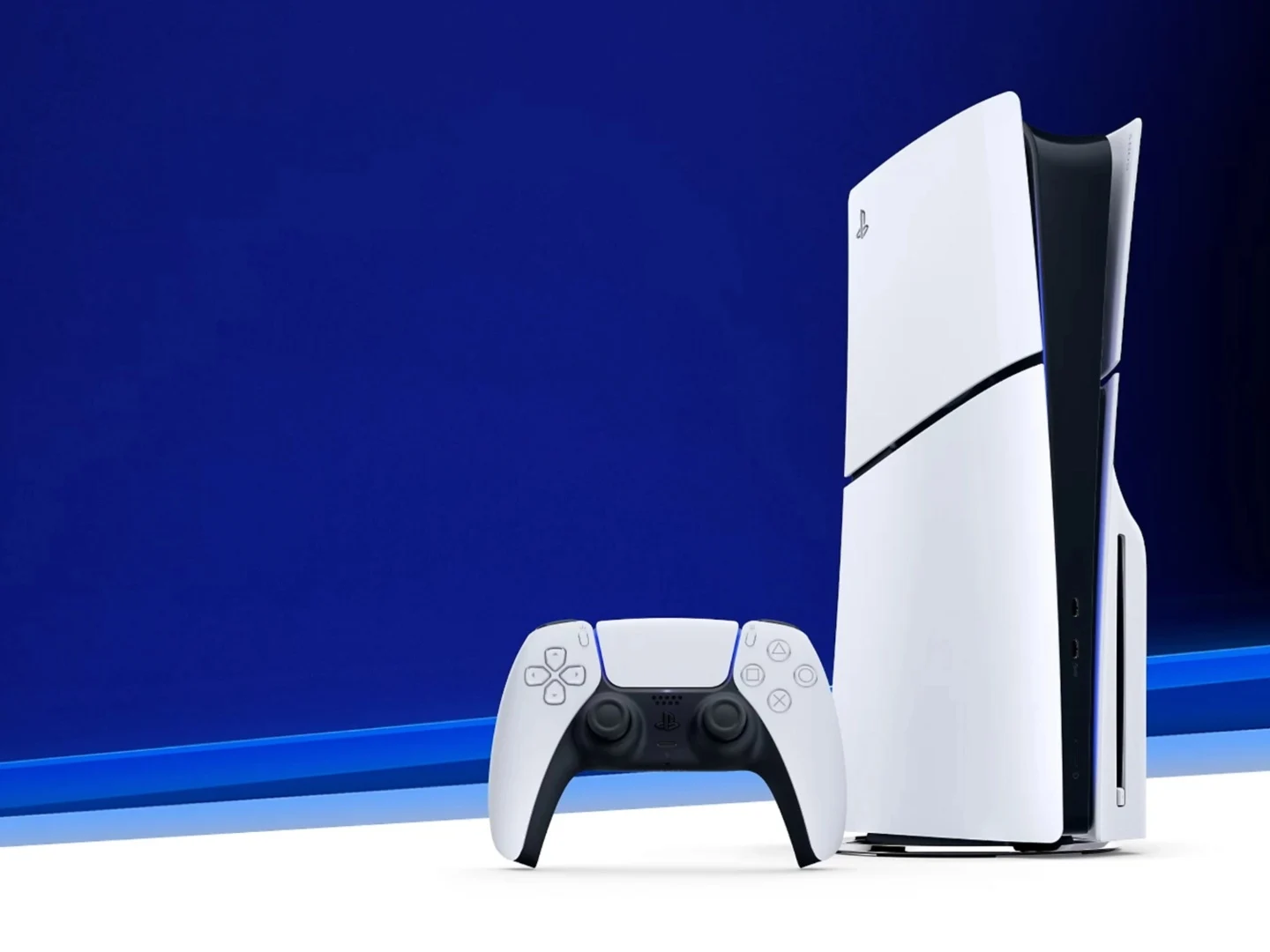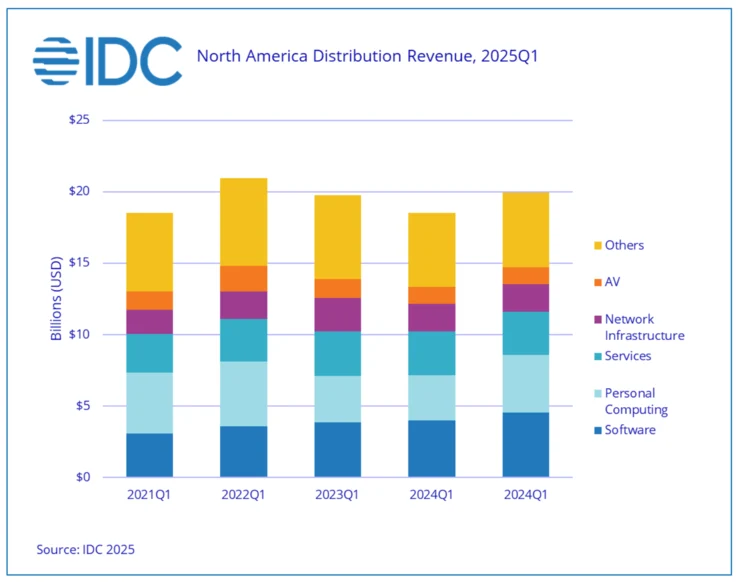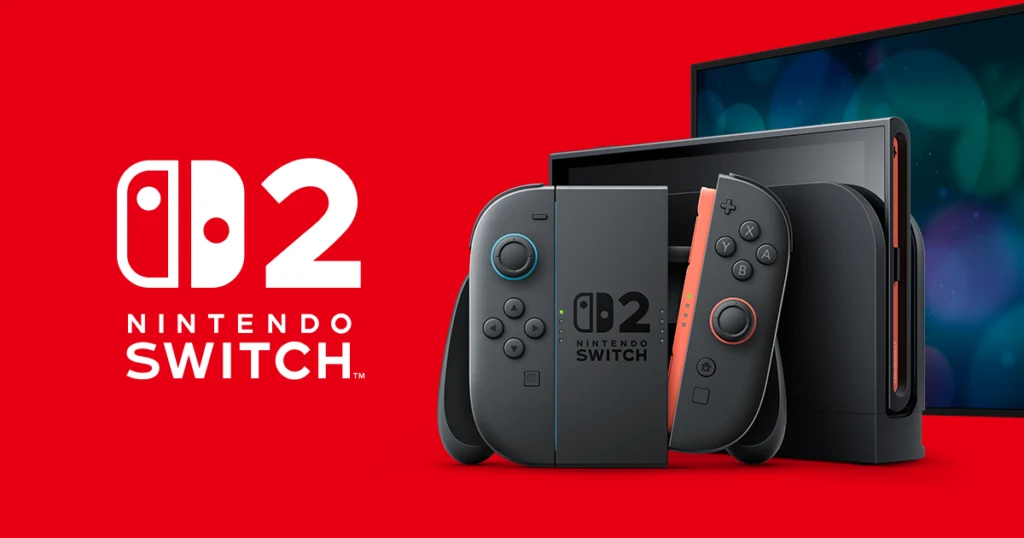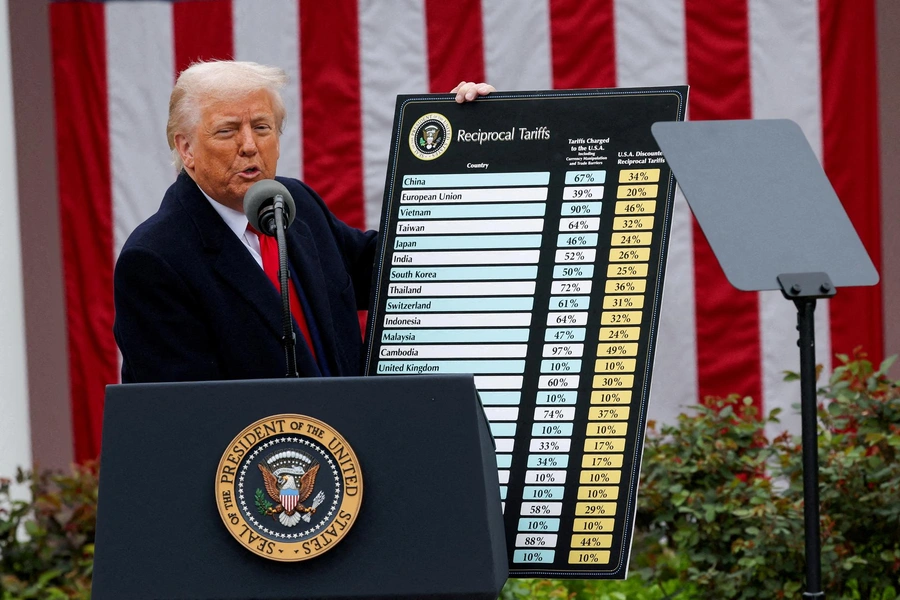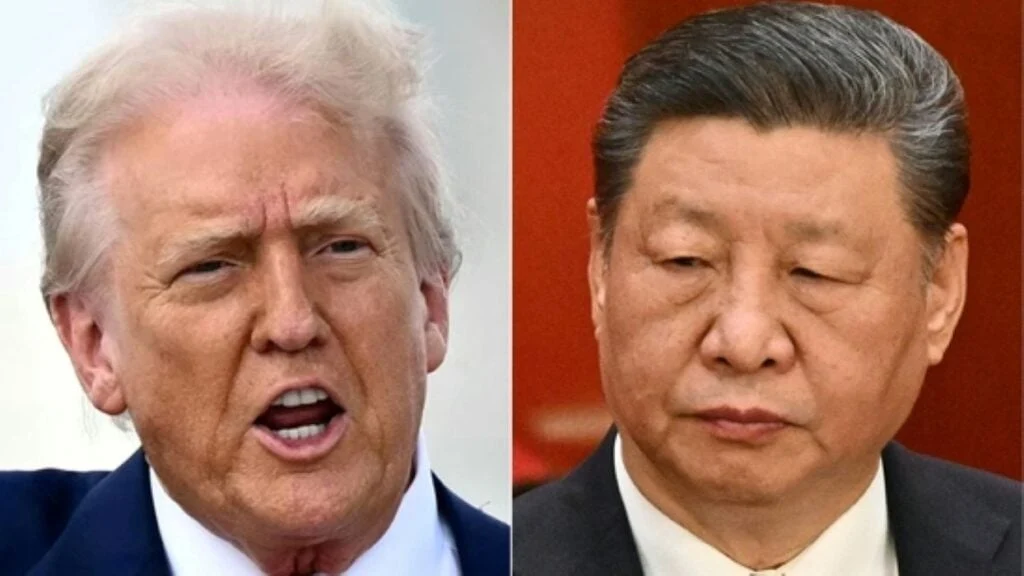Key Takeaways
1. Nintendo Switch 2 prices may rise by up to 20% due to new tariffs on imports from Vietnam.
2. The U.S. government has doubled the tariff on Vietnamese imports from 10% to 20%, affecting pricing in a key market for Nintendo.
3. The Switch 2 is set to launch at a higher price of $449, compared to the original Switch’s launch price of $299.
4. Accessories for the Switch 2 are also experiencing price increases due to market shifts.
5. Nintendo has not officially announced a price increase yet but is evaluating the impact of tariffs on their pricing strategy.
Buyers interested in getting their hands on a Nintendo Switch 2 should hurry, as the price may rise by up to 20%. Nintendo is expected to transfer these costs to customers, according to analysts from Wedbush who are closely observing the industry.
Tariff Concerns
The U.S. government recently announced a 20% tariff on imports from Vietnam, which is double the previous 10% tariff that was in place when the Switch 2 first launched. This change could seriously affect pricing in what is by far Nintendo’s largest international market.
Months ago, President Trump put a 46% tariff on all goods coming from Vietnam, but this was followed by a 90-day pause that reduced the rate back to 10%. This situation is particularly troubling for consumers, as the Nintendo Switch 2 is produced in both China and Vietnam, where tariffs are already quite high. The U.S. government is still working on trade agreements, with a self-imposed deadline of July 9 looming.
Pricing and Launch Details
The Switch 2 was announced on April 2, 2025, right around the time the tariff news broke. Due to the possible effects of this new policy, Nintendo chose to delay pre-orders in the U.S. The price for the Switch 2 was set at $449, significantly higher than the original Switch’s launch price of $299. Additionally, prices for accessories related to the Switch 2 have also risen due to “shifts in market conditions.”
Industry experts believe that Nintendo may have no option but to raise the price of the Switch 2 and transfer the costs to consumers. Alicia Reese, an analyst at Wedbush, mentioned, “We expect Nintendo will pass almost all tariff-related expenses onto U.S. buyers, leading to a price hike of approximately 18–20%.”
Future Price Predictions
If the 20% tariff takes effect, Nintendo might increase the price of the Switch 2 from $449 to as much as $550. Even games and other accessories, which have already seen price increases, may also become pricier.
At this point, Nintendo hasn’t made any formal announcement regarding a potential price increase in response to the tariffs on Vietnamese imports. They have adopted a wait-and-see approach, stating to Barrons that they are “evaluating the information and the effects of the tariffs,” but they don’t have any further updates to share right now.
It’s possible that Nintendo is waiting to finalize terms with other countries involved in its production chain before making any price announcements. For the moment, U.S. customers can purchase a Switch 2 for $449, but that could quickly change in a marketplace where most economists believe that tariff effects will ultimately be felt by consumers.
Source:
Link



